While Florida’s Fish and Wildlife Commission (FWC) is primarily tasked with protecting the states fishery and wildlife resources, a little-known secondary mission is to act as first responders during public emergencies, and also assist in clean-up and restoration of public lands and waters. Those duties and capabilities came to the fore when back-to-back hurricanes Milton and Helene swept through the state earlier this month.
At least 343 boats were left derelict in the Tampa Bay area alone by the combined storms, with many more around Steinhatchee and many of the Gulf Coast rivers and harbors in between. Reportedly Helene was the worst storm to hit Tampa since 1921.
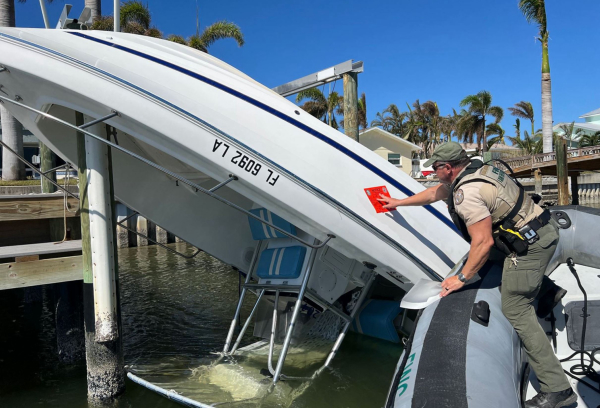
Officers of the FWC were in the thick of the response to both, delivering aid with some of the same equipment that makes it possible for them to navigate the state’s often-swampy woods and waters, including airboats, four-wheelers and high-wheel swamp buggies.
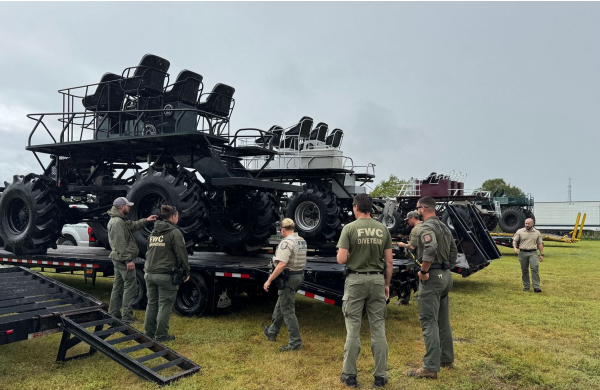
In addition to wreaking havoc on dwellings and businesses, the hurricane winds and storm surges displaced hundreds of boats of all sizes. Some were pushed ashore, some damaged in marinas and private docks, others relocated but still afloat, and some partially or fully sunk.
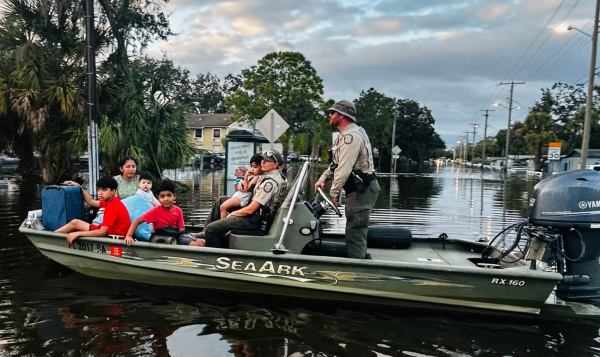
In addition to local officers, the Florida Fish and Wildlife Conservation Commission (FWC) deployed 17 additional officers and three derelict vessel specialists to southwest Florida to locate, identify and investigate vessels rendered derelict due to the storms. (Even before the storm the state had an ongoing problem with derelict boats, mostly liveaboards that have become unlivable and are abandoned where they float in the southern half of the state.)
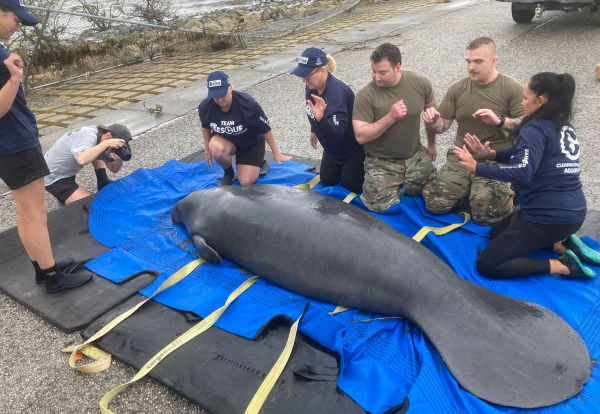
Owners of displaced vessels who lack the resources to have their boat repaired, or if their vessel is determined to be beyond repair, can release ownership of their vessel through a waiver provided by the FWC. It will then be recovered and destroyed at state expense.
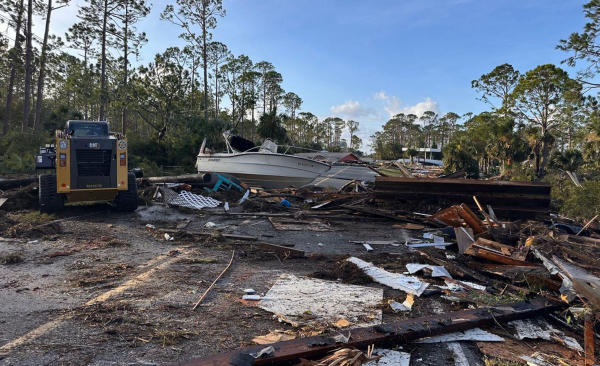
The public can report vessels displaced on state waters by the hurricanes by calling 888‐404‐3922. They’ll ask you for the registration number, vessel location and description. (Some have been found miles inland hidden in the middle of mangrove swamps.)
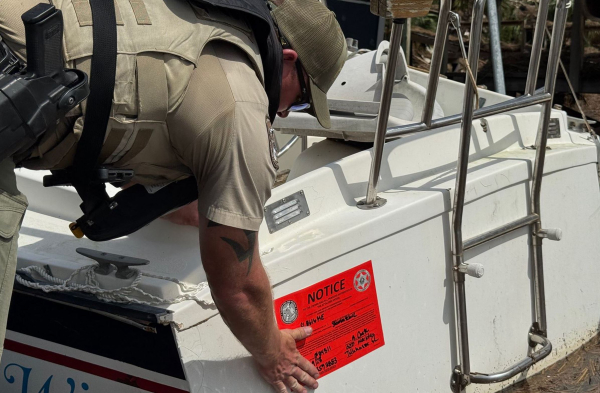
"We understand the difficulties caused by the hurricanes," says FWC Boating and Waterways Section Leader Maj. Bill Holcomb. "Our officers and DV specialists are working diligently to identify displaced and damaged vessels statewide. We are dedicated to helping boat owners locate their vessels and ensuring the removal of any boats from state waters that threaten the environment, obstruct waterways or were rendered derelict."
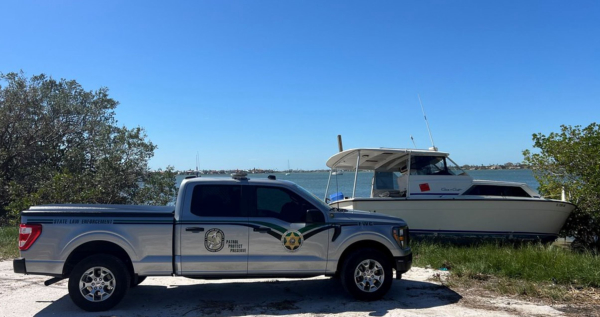
The FWC is also warning boaters and anglers to be on the lookout for debris floating in the state’s waterways and nearshore as a result of the storms. In some cases, the debris is large enough to punch a hole in a fast-moving boat or to damage the lower unit, so caution is a must anywhere on the state’s west coast for the foreseeable future.
For additional questions or resource materials regarding waterway debris or derelict vessels, call 850-366-6007 or visit FloridaDebrisCleanup.com.
— Frank Sargeant
Frankmako1@gmail.com